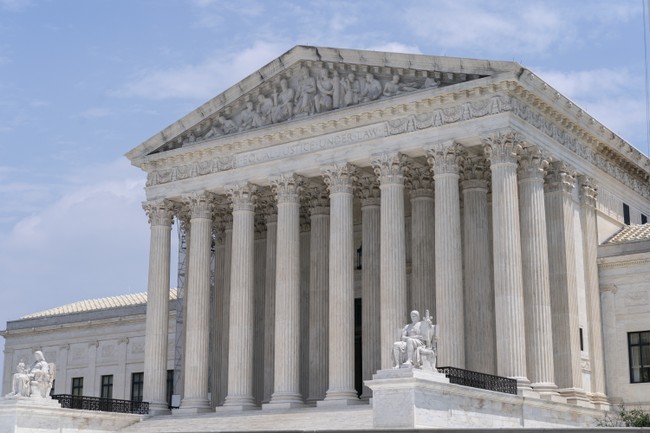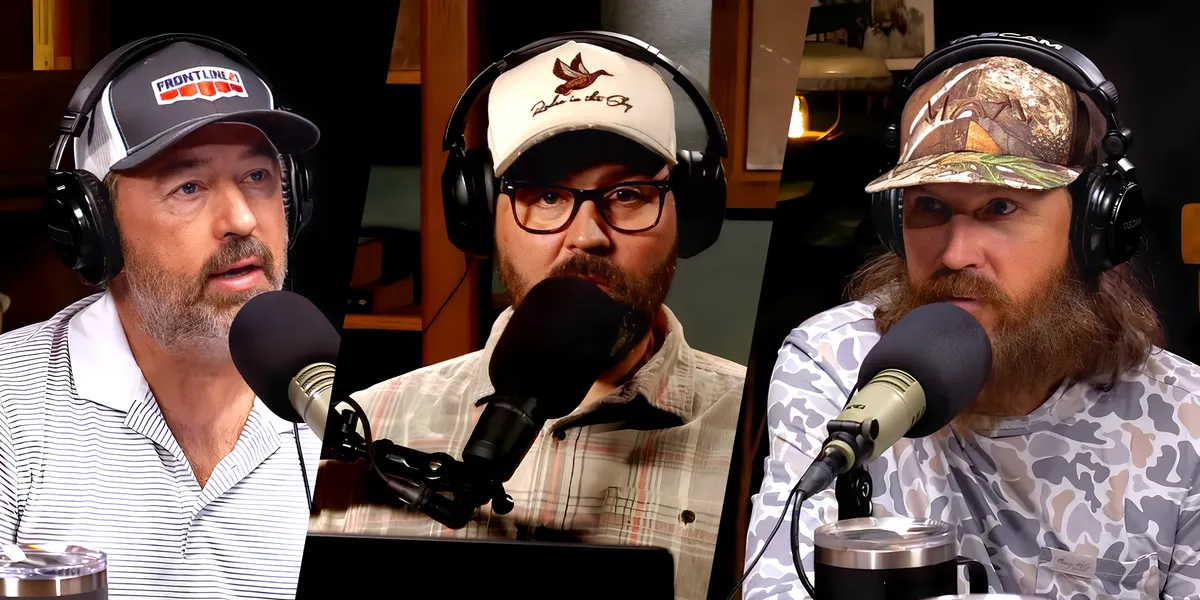On the surface, the Hemani case the Supreme Court recently agreed to take up is about one thing: whether Section 922(g)(3) is constitutional as it applies to Ali Danial Hemani, who was convicted of possessing guns as an “unlawful” user of marijuana.
In answering that question, though, the justices are almost certainly going to have to answer another: whether the DOJ’s proposed rule allowing prohibited persons to apply to the Attorney General to have their Second Amendment rights resolved should bar prohibited persons from using the courts to regain their right to keep and bear arms.
Solicitor General D. John Saeur made the case for the Court to throw out the Hemani case on those grounds in his cert petition to the Supreme Court, and if the court adopts Sauer’s flawed reasoning it would have a impact well beyond Ali Danial Hemani’s conviction.
To the extent Section 922(g)(3) raises constitutional concerns in marginal cases, 18 U.S.C. 925(c) provides the appropriate mechanism for addressing those concerns. Under that statute, a person may apply to the Attorney General for relief from federal firearms disabilities. The Attorney General may grant relief if the applicant shows that “the circumstances regarding the disability, and the applicant’s record and reputation, are such that the applicant will not be likely to act in a manner dangerous to public safety” and if “the granting of the relief would not be contrary to the public interest.” If the Attorney General denies relief, the applicant may seek judicial review in district court.
That program was effectively disabled from 1992 until 2025 because the authority to grant relief had been delegated to the Bureau of Alcohol, Tobacco, Firearms and Explosives (ATF), and appropriations statutes have included provisos barring ATF from using funds to act on Section 925(c) applications. Recognizing that the appropriations bar applies only to ATF, however, the Attorney General recently withdrew the delegation of authority to ATF and revitalized the Section 925(c) process. An individual who seeks an exception to one of Section922(g)’s categorical restrictions could invoke that process and, if the Attorney General denies his application, seek judicial review. That process provides a more workable mechanism for granting exceptions than a court-administered regime of as-applied challenges brought by those engaged in criminal conduct.
Section 925(c), to be sure, was not operative at the time of respondent’s offense conduct. But respondent has not argued that he would have satisfied Section925(c)’s standard—i.e., that his record and reputation show that he is unlikely to “act in a manner dangerous to public safety” and that granting relief “would not be contrary to the public interest.” 18 U.S.C. 925(c). Nor did respondent file a civil suit seeking “protection from prosecution under [Section 922(g)(3)] for any future possession of a firearm.” He instead “violated the law in secret,” “tried to avoid detection, ”and raised an as-applied challenge as a defense to a criminal charge after he was caught. Section 922(g)(3) raises no constitutional concerns as applied to him.
The biggest problem with Sauer’s argument is that Section 925(c) is still not operative and available to Hemani. If you look up “federal firearms rights restoration Attorney General” you’ll find this DOJ page that says “The Department is developing a 925(c) program web-based application for those seeking to restore their federal firearms rights” and “An initial version of the application will be available online soon after the final rule is released”.
There is, however, no way for Mr. Hemani or anyone else to actually start the application process. That could change by the time oral arguments are held, but the fact that this supposed remedy has been unavailable to anyone for more than 30 years should give the justices enough reason to reject the DOJ’s position.
Another huge issue with Sauer’s suggestion is that Ali Hemani isn’t just appealing the loss of his gun rights. He’s appealing his conviction for violating a law that the Fifth Circuit has said is unconstitutional as it applies to him. Relief from firearm disabilities is one thing, but Hemani is also trying to void the conviction that led to the loss of his right to keep and bear arms in the first place, and Section 925(c) doesn’t help him in the slightest.
If the Supreme Court agrees with Sauer, then Section 922(g)(3) will still be actively enforced against all “unlawful” drug users; not only guys like Ali Hemani, but the grandmother in Broken Arrow, Oklahoma eating a THC gummy to help with the effects of chemotherapy, or the former district attorney in Pennsylvania who can’t buy or possess a gun because he uses medical cannabis.
Don’t get me wrong; I’m glad the DOJ is restarting the 925(c) process after more than 30 years. It does nothing, though, to address the constitutionality of these statutes and whether or not people should be charged and convicted for violating them going forward. That’s why it’s so disappointing, and frankly disturbing, to see Sauer’s disingenuous argument deployed here, and SCOTUS will hopefully make it clear that they reject his flawed reasoning when oral arguments take place.
Read the full article here







![Sec. Bessent Calls Minnesota Ground Zero for the Biggest Welfare Scam in History [WATCH] Sec. Bessent Calls Minnesota Ground Zero for the Biggest Welfare Scam in History [WATCH]](https://www.lifezette.com/wp-content/uploads/2025/07/2025.07.30-12.14-lifezette-688a0cb78e6e0.jpg)




